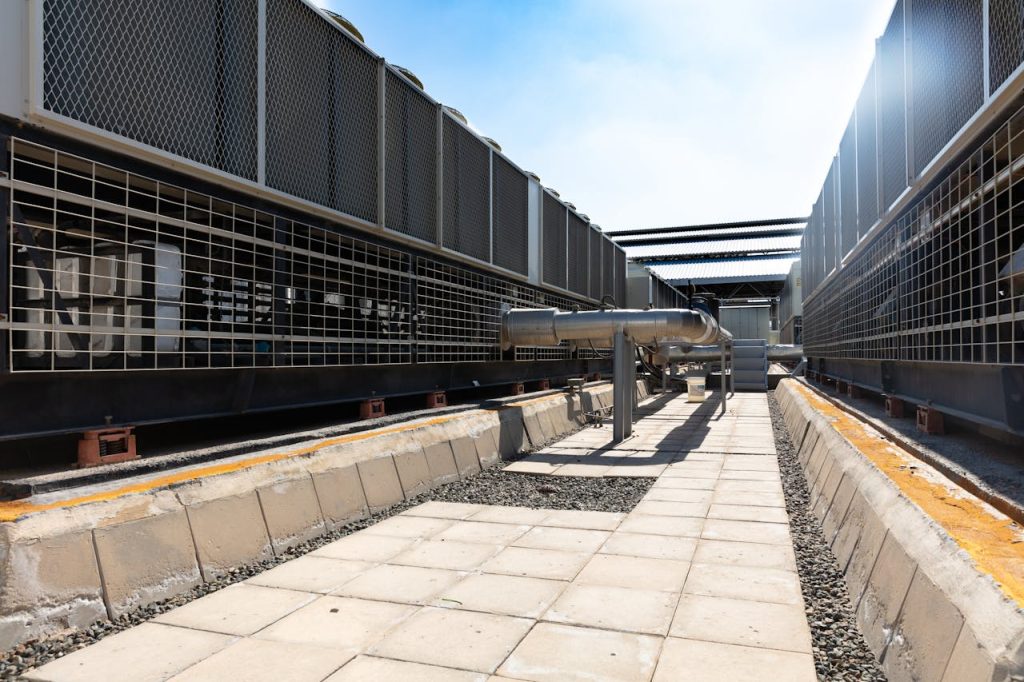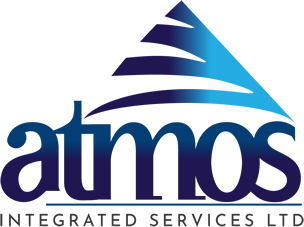ATMOS Integrated Services Nigeria Limited
- March 3, 2025
- 0 Comments
Heating, Ventilation, and Air Conditioning (HVAC) systems are essential for creating comfortable and energy-efficient environments in homes, offices, and industrial spaces. With advancements in smart HVAC technology, businesses and homeowners can now optimize climate control for energy savings, sustainability, and improved indoor air quality.

The Evolution of HVAC Systems
Traditional HVAC systems have evolved from basic heating and cooling mechanisms to sophisticated, automated solutions. Today’s smart HVAC systems integrate with IoT (Internet of Things), AI (Artificial Intelligence), and automation to enhance efficiency and convenience.
Key Innovations in Smart HVAC Systems
- IoT-Enabled Thermostats – Smart thermostats, like Nest and Ecobee, allow remote temperature control via mobile apps, ensuring optimal energy usage.
- AI and Machine Learning Integration – AI-powered HVAC systems analyze usage patterns and adjust heating or cooling to minimize energy waste.
- Energy-Efficient HVAC Designs – Modern HVAC units use variable refrigerant flow (VRF), geothermal heat pumps, and energy recovery ventilators (ERVs) to reduce energy consumption.
- Zoning Systems – These allow users to control temperatures in different areas independently, leading to better efficiency.
- Smart Sensors and Predictive Maintenance – Sensors detect air quality, humidity, and system performance, sending real-time alerts for preventive maintenance.
Benefits of Smart HVAC Systems
1. Enhanced Energy Efficiency
Smart HVAC systems use real-time data to optimize energy consumption, reducing electricity bills and promoting sustainability.
2. Improved Indoor Air Quality (IAQ)
Advanced filtration systems and air purifiers in smart HVAC setups help remove dust, allergens, and pollutants, creating healthier indoor spaces.
3. Remote Control & Automation
With smartphone integration, users can monitor and adjust temperature settings remotely, enhancing convenience and comfort.
4. Lower Maintenance Costs
Predictive analytics in smart HVAC systems help identify potential failures before they become costly repairs.
The Future of HVAC Technology
With the growing focus on green buildings and net-zero energy consumption, HVAC technology will continue evolving. Expect further advancements in:
- Solar-Powered HVAC Units for reduced carbon footprints.
- Hydronic Heating and Cooling Systems using water-based temperature control.
- AI-Driven Predictive Climate Control adapting to real-time weather conditions.
Smart HVAC systems are revolutionizing climate control by improving energy efficiency, air quality, and automation. As the demand for sustainable, cost-effective HVAC solutions grows, businesses and homeowners must invest in cutting-edge HVAC engineering solutions for long-term benefits.
